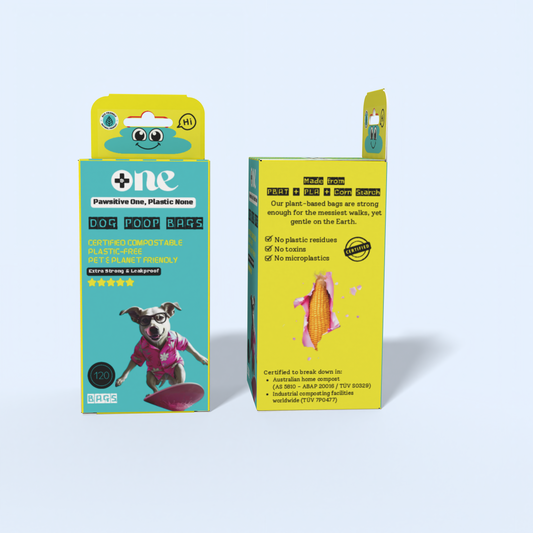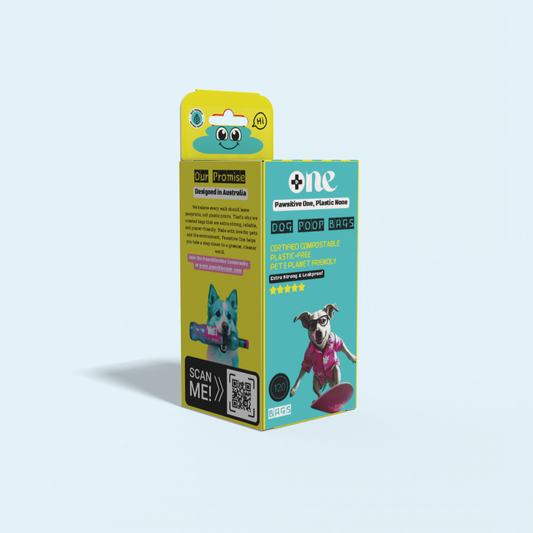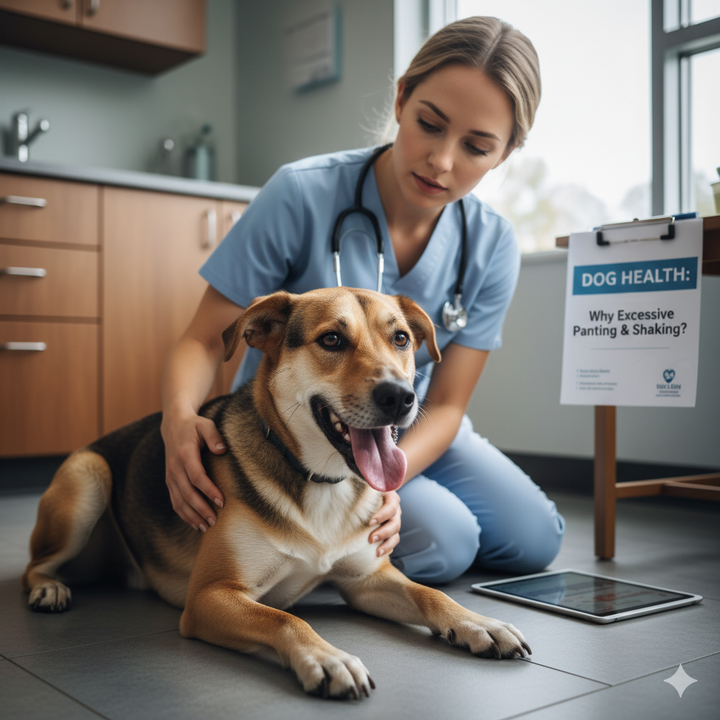The Hidden Danger: Why Grapes and Raisins Are Toxic to Dogs
The Hidden Danger: Why Grapes and Raisins Are Toxic to Dogs
Most dog owners are familiar with the "no chocolate" rule, but did you know that grapes and raisins pose an equally, if not more, serious threat to your canine companion? These seemingly harmless fruits, often enjoyed by humans as healthy snacks, can cause acute kidney failure in dogs, sometimes with devastating consequences.
The perplexing part about grape and raisin toxicity is that its exact mechanism isn't fully understood, and the toxic dose can vary wildly between individual dogs. This unpredictability makes them particularly dangerous.
What Makes Grapes and Raisins So Dangerous?
For a long time, the specific toxic agent in grapes and raisins remained a mystery. However, recent research has pointed towards tartaric acid and its salt, potassium bitartrate, as the likely culprits. These compounds are found naturally in grapes and are also present in products derived from grapes, like cream of tartar.
When ingested by dogs, tartaric acid appears to cause a sudden onset of kidney damage, leading to acute renal failure. This means the kidneys, which are vital for filtering waste products from the blood, stop functioning properly.
It's Not About the Quantity...
One of the most concerning aspects of grape and raisin toxicity is that there is no known "safe" dose. Some dogs can eat a handful of grapes with no apparent ill effects, while others may experience severe, life-threatening kidney failure after ingesting just one or two. This variability is why any ingestion of grapes or raisins should be treated as a medical emergency.
This toxicity applies to:
-
Fresh grapes
-
Raisins (dried grapes)
-
Sultanas and currants (other dried grape varieties)
-
Any food product containing grapes or raisins (e.g., granola bars, cookies, fruitcake)
Symptoms of Grape and Raisin Toxicity
Symptoms typically appear within 6-12 hours of ingestion and can progress rapidly. If you notice any of these signs after your dog has eaten grapes or raisins, seek immediate veterinary attention:
-
Vomiting: Often one of the first signs, sometimes containing undigested grape or raisin pieces.
-
Diarrhea: May occur alongside or after vomiting.
-
Lethargy/Weakness: Your dog may seem unusually tired, sluggish, or unwilling to move.
-
Anorexia: Refusal to eat.
-
Abdominal Pain: Your dog may show signs of discomfort when their belly is touched.
-
Dehydration: Indicated by dry gums or sunken eyes.
-
Increased Thirst and Urination (early stages of kidney failure): The kidneys try to flush out toxins.
-
Decreased Urination or Anuria (later stages): As kidney function declines, the dog may stop producing urine altogether.
Left untreated, acute kidney failure can be fatal.
What to Do If Your Dog Eats Grapes or Raisins
DO NOT WAIT! This is a medical emergency.
-
Contact your veterinarian immediately. If it's after hours, call your nearest emergency veterinary clinic.
-
Be prepared to provide information:
-
What your dog ate (grapes, raisins, or a product containing them)
-
Approximately how much was ingested
-
When the ingestion occurred
-
Your dog's breed, age, and weight
-
-
Do not try to induce vomiting at home unless instructed by a vet. This can be dangerous and ineffective.
-
Follow your vet's instructions precisely.
Veterinary Treatment
Treatment for grape and raisin toxicity focuses on preventing the absorption of the toxins and supporting kidney function. This typically includes:
-
Inducing Vomiting: If ingestion was recent (within 1-2 hours) and your dog is stable, your vet may induce vomiting to remove the grapes from the stomach.
-
Activated Charcoal: Administered after vomiting to absorb any remaining toxins in the digestive tract.
-
Intravenous (IV) Fluid Therapy: This is crucial to help flush toxins from the body, support kidney function, and prevent dehydration. Fluids may be administered for 48-72 hours or longer.
-
Medications: To protect the kidneys, control vomiting, and manage any other symptoms.
-
Blood Work Monitoring: Regular blood tests will be done to monitor kidney values (BUN, creatinine, phosphorus) and electrolytes.
Early and aggressive treatment offers the best prognosis. Dogs who develop severe kidney failure despite treatment may require more intensive care, including dialysis, or may not survive.
Prevention is Key
The safest approach is absolute avoidance. Keep all grapes, raisins, and products containing them out of reach of your dog. Educate all family members and guests about the danger.
By being vigilant and understanding the risks, you can protect your beloved companion from this serious and potentially fatal toxicity. When it comes to grapes and raisins, it's always better to be safe than sorry!

















